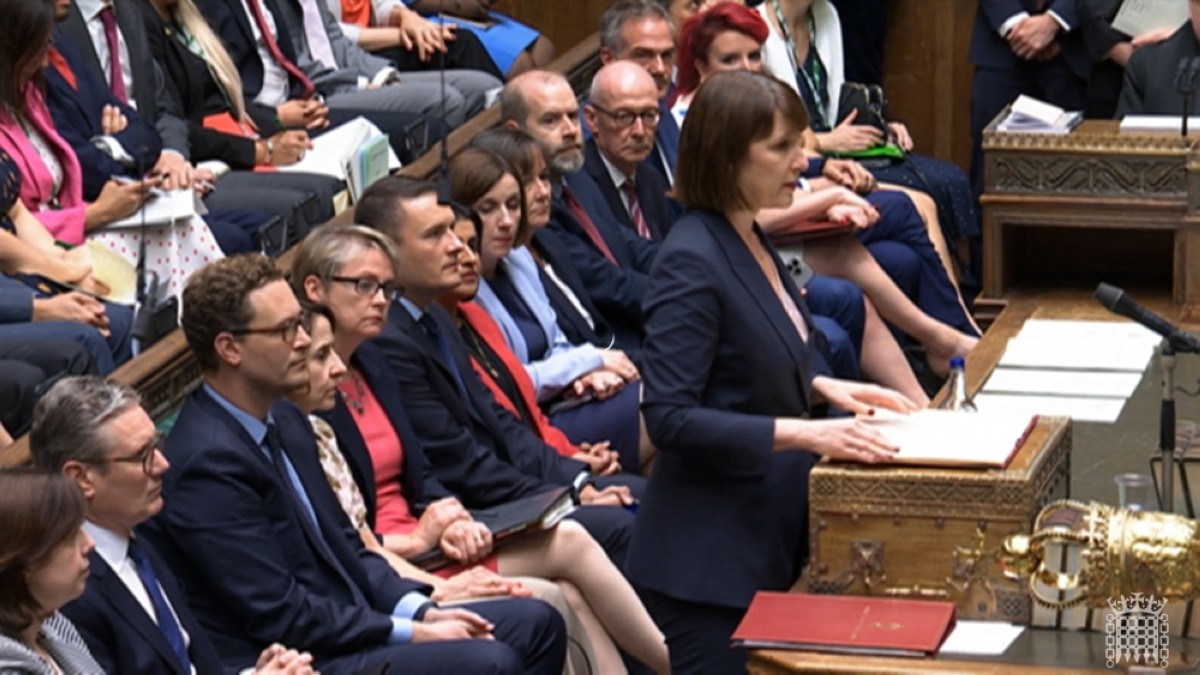Yen falls 1% versus dollar as BoJ tightening bets fade
TOKYO: The yen fell one percent against the dollar on Monday on waning expectations that the Bank of Japan will tighten its ultra-loose monetary policy next week.
 FRANKFURT: Traders work in front of a chart of Germany's share index DAX that is diplayed at the stock exchange in Frankfurt am Main, western Germany. – AFP.
FRANKFURT: Traders work in front of a chart of Germany's share index DAX that is diplayed at the stock exchange in Frankfurt am Main, western Germany. – AFP.
The Japanese currency firmed sharply last week after comments from officials including governor Kazuo Ueda were taken as hints that it could end its long-running negative interest rates policy after its December 19 gathering.
Bloomberg News on Monday cited unnamed sources as saying that BoJ officials see little need to rush into tightening policy without more evidence of wage growth that would support sustainable inflation. That was taken as an indication the bank will stand pat next week, Bloomberg reported.
The yen weakened to 146.46 per dollar at one point, against 144.97 late Friday, before paring the losses. It struck a four-and-a-half month high of 141.71 at one point last week.
Most other major central banks have pressed ahead with a campaign of interest rate hikes in a bid to tame rising prices but the BoJ has refused to shift from its long-term program of sub-zero rates in order to kickstart the world’s number three economy. Japanese policymakers have for several months merely made minor tweaks to its yield curve control scheme, which sees the BoJ control the band within which government bonds are allowed to move.
Analysts have said the BoJ’s outlier policy is harming the economy by skewing the bond market and weakening the yen, in turn making imports more expensive. Higher interest rates outside Japan have also prompted investors to invest money elsewhere and any tightening in BoJ policy could see cash flowing back, hitting assets elsewhere such as US Treasuries and stocks.
Meanwhile, stock markets diverged Monday ahead of a busy week for interest-rate decisions from major central banks. The US Federal Reserve updates its policy on borrowing costs Wednesday followed by interest-rate decisions from the European Central Bank and Bank of England on Thursday. With all three expected to hold borrowing costs after hiking multiple times to combat high inflation, traders will be looking for clues in the banks’ statements on when rate-cutting would likely start as the pace of price rises cool. In equities trading Monday, Tokyo closed higher as the yen tumbled against the dollar, boosting exporters.
Paris edged higher, not far from its record-high in April, while London weakened. The yen shed one percent versus the dollar on waning expectations that the Bank of Japan would tighten its ultra-loose monetary policy next week. While many central banks have significantly hiked interest rates over the past couple of years to tame soaring prices, the BoJ has refused to shift from its long-term program of sub-zero rates to kickstart the world’s number three economy. All eyes this week will be on clues regarding the outlook for borrowing costs in the US and Europe.
“Central bank meetings of the Federal Reserve, European Central Bank and the Bank of England are likely to be crucial in managing expectations when it comes to the timing and pace of when markets can expect to see rate cuts begin,” noted Michael Hewson, chief market analyst at CMC Markets UK. A forecast-beating US jobs report last Friday—and a pick-up in consumer sentiment—tempered expectations for Fed interest-rate cuts in the new year but were not enough to jolt confidence that decision-makers have finished with their tightening cycle.
US readings on consumer prices and retail sales are due this week, as is the Fed’s meeting and boss Jerome Powell’s statement, which will be parsed for indications of officials’ plans. All three main indices on Wall Street rose Friday but Asian traders struggled to extend a broad rally Monday, with sentiment jarred by figures showing China slipped further into deflation last month as leaders struggled to kickstart the stuttering economy.
Consumer prices fell at their steepest pace in three years, data showed, fuelling fresh calls for the government to unveil more economic support measures. “China’s deflation situation is deepening with the triple whammy from domestic food prices, international oil price corrections and weak domestic demand,” said economists at Citigroup. “There is no time for policy hesitation to prevent a vicious loop between deflation, confidence and activities.” — AFP.











